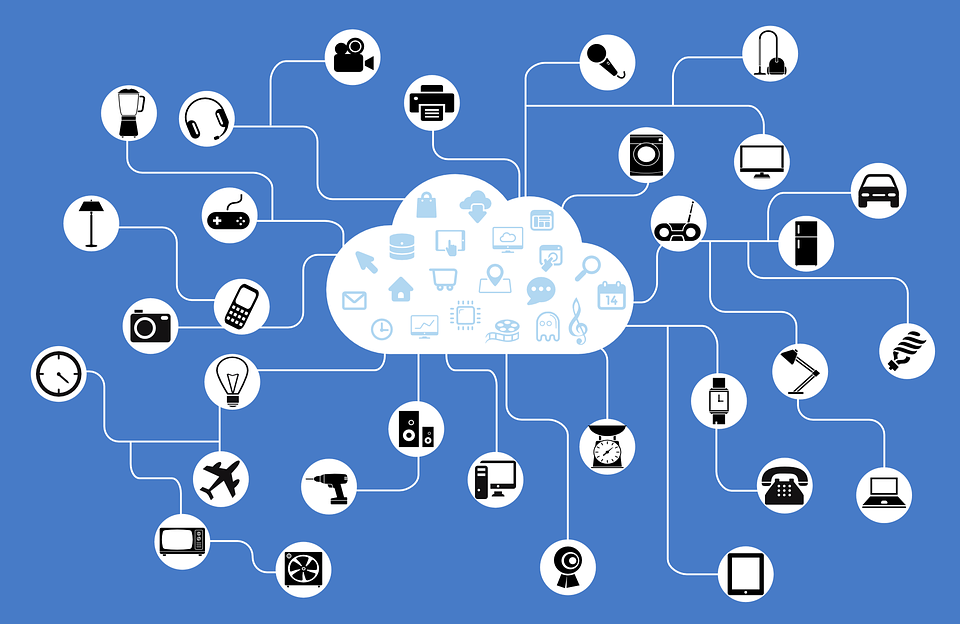Overlook of Middle East startup business prospects and world’s industry trends from 2000 to 2020

There are thousands of startups popping up all over the world but only few of them become true industry leaders and internationally-recognized.
The secret to success lies in the ability of a startup to grasp the latest trend and turn it into something functional and outstanding, thus gaining the competitive advantage and satisfying the user needs.
The startup business is a rather new industry for the Middle East region, but it has been growing significantly together with total diversification of economics.
And the main reasons for that are:
- Fast-paced technology development in the region
- Overall curiosity for new things
- Willingness to learn from the best and expand the business, reaching more customers

Today in the Middle East & North Africa there is a tendency that international businesses prefer to shift their location to MENA area in order to work with the industry leaders side by side and not miss any opportunity.
IoT, AI and smart city concepts – all that is nothing new for the region of Middle East and Dubai especially. But it was not like that all the time because trends tend to appear and then step aside, giving place to new ones.
We’ve decided to list down the world’s biggest startup trends from 2000 to 2020, have a look at their evolution, and try to learn how we can predict the future development and prospects of the Middle East startup industry.
2000 – 2007
The year of 2000 was really great for innovators because there were so many things waiting to be invented.
The biggest revolution these years had brought was social media. For example, Facebook was founded in 2004 and in 2006 the world saw Twitter for the first time.
Of course they immediately became incredibly popular and at the same time opened a new world of opportunities: now people were able to create social media platforms for photos or videos only and etc. It completely change the mindsets all over the world.

Today social media is a world-recognized phenomena that unites millions of people all over the world and in Middle East region it’s been growing more and more popular with every year, with the majority of people using their smartphones to gain access to it.
And a fun fact: one of the biggest number of users who view videos on social media (like Facebook) are from Middle East so make sure you incorporate videos in your future (or existing) product if you want to gain popularity among Middle East audience.
2007
In 2007 the first iPhone was launched and people lost their minds. To be honest, Apple was a startup indeed and look what it became: a true empire.
So after the iPhone release, other businesses started to think of new and innovative ways to upgrade their product (in this case, phones) so it could stand the competition. One of them became an Android OS, which is used by approximately 80% of the Middle East users.

In addition, IoT is in full swing and the concept of smart cities is flaming hot. So it’s a good chance for startups to think of a gadget that would come in handy and be used by thousands of people.
2010
In this time period there was a major shift in the behavior of users: they started to slowly drift away from their PCs towards mobile phones.
Of course, this change demanded optimization of websites, services and products for smart phones and it gave a rise to a lot of startups.
In the Middle East the number of mobile users is overwhelming and by the end of 2017 it’s expected to rise to 700 million. So it might be a good idea for B2B startups to get business solutions that would help attract mobile users and automate business processes.

2015
In 2015, startup founders became more expert in terms of customer demand and customer satisfaction.
The time of intuitive guessing was gone – now startups started to rely on calculations, surveys and SEO in order to attract more people.
As well, crowdfunding became a trend as startups began to rely more on people and did not hesitate to ask for help.
2016 – 2020
Starting from 2016, the world has been buzzing around Internet of Things and artificial intelligence.
These trends open completely new opportunities for a number of industries, starting with healthcare and financial ones.
Today there are a lot of services that offer API with advanced AI and neural networks solutions. These solutions can be easily adapted for any startup and require minimal investment in front-end only, whether it’s web or mobile application, and API implementation in it.

The endless amount of ideas featuring camera face recognition, emotion reading, smart data processing and self learning analytics can be implemented into an app with less effort than couple years ago.
And here comes the chances for any ambitious startup to shine. There is so much that can be done within AI, there are opportunities for investment and people are willing to pay for really good ideas so go for it!
Try to think of something both innovative and efficient, spend some time to find a reliable and high-quality team of developers and realize your idea before someone else does it. Everything has just started for the Middle East so be the one who would contribute to its development!